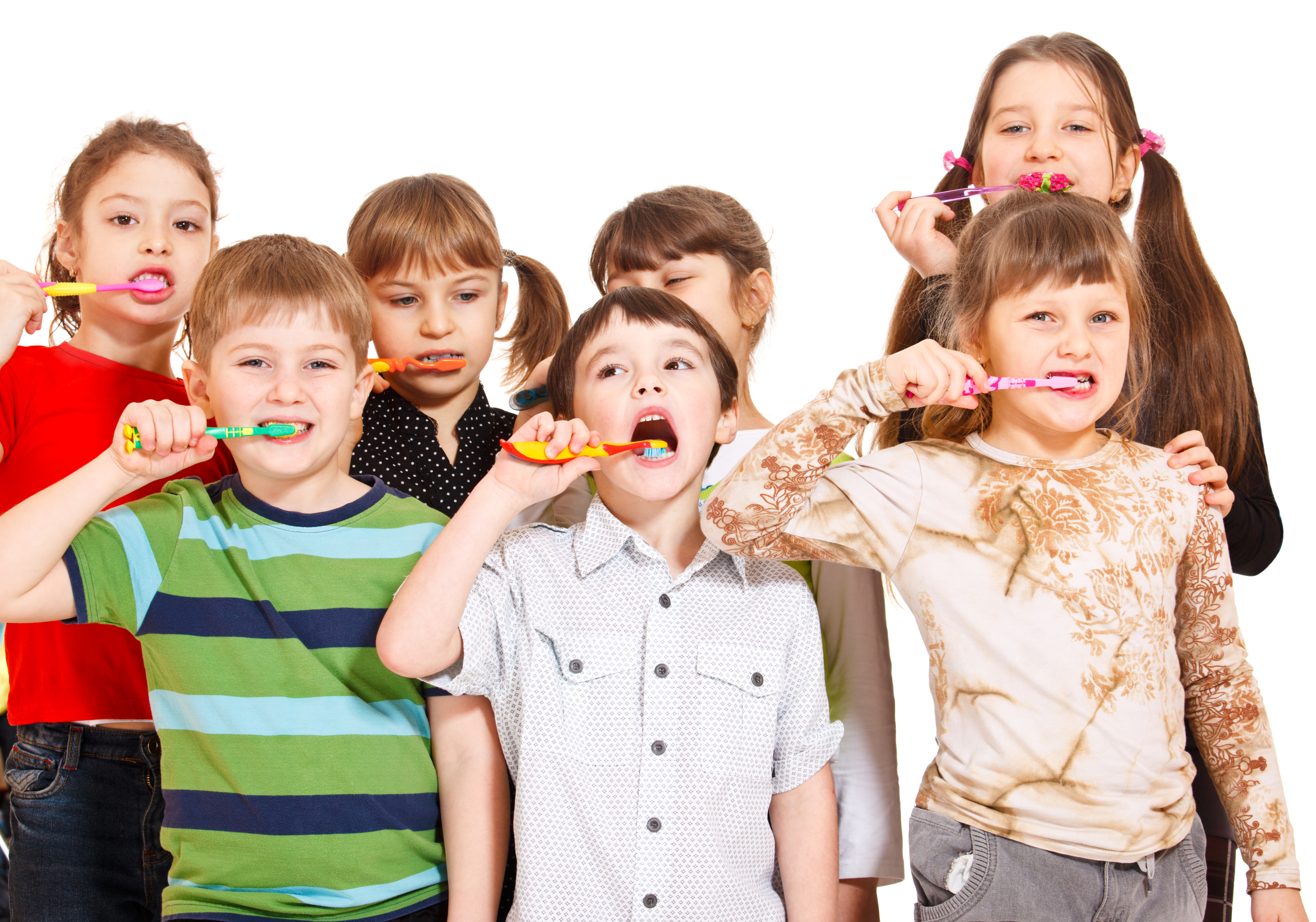<link href="https://cdn.sur.ly/widget-awards/css/surly-badges.min.css" rel="stylesheet">
<div id="surly-badge" class="surly__id_56779743 surly-badge_white-gradient" onclick="if(event.target.nodeName.toLowerCase() != 'a' && event.target.parentElement.nodeName.toLowerCase() != 'a') {window.open('https://sur.ly/i/parentingwithouttears.com/'); return 0;}">
<div class="surly-badge__header">
<h3 class="surly-badge__header-title">Content Safety</h3>
<p class="surly-badge__header-text">HERO</p>
</div>
<div class="surly-badge__tag">
<a class="surly-badge__tag-text" href="https://sur.ly/i/parentingwithouttears.com/"> parentingwithouttears.com </a>
</div>
<div class="surly-badge__footer"> <h3 class="surly-badge__footer-title">Trustworthy</h3> <p class="surly-badge__footer-text">Approved by <a href="https://sur.ly" class="surly-badge__footer-link">Sur.ly</a> </p> </div> <div class="surly-badge__date">2023</div>
</div>

The British Dental Health Foundation emphasises that by the age of two and a half years, children should be having regular dental check-ups. Any budding oral health problems can be spotted early. Here are their top tips for cleaning children's teeth.
For further information on diet or on children’s teeth please visit British Dental Health Foundation.